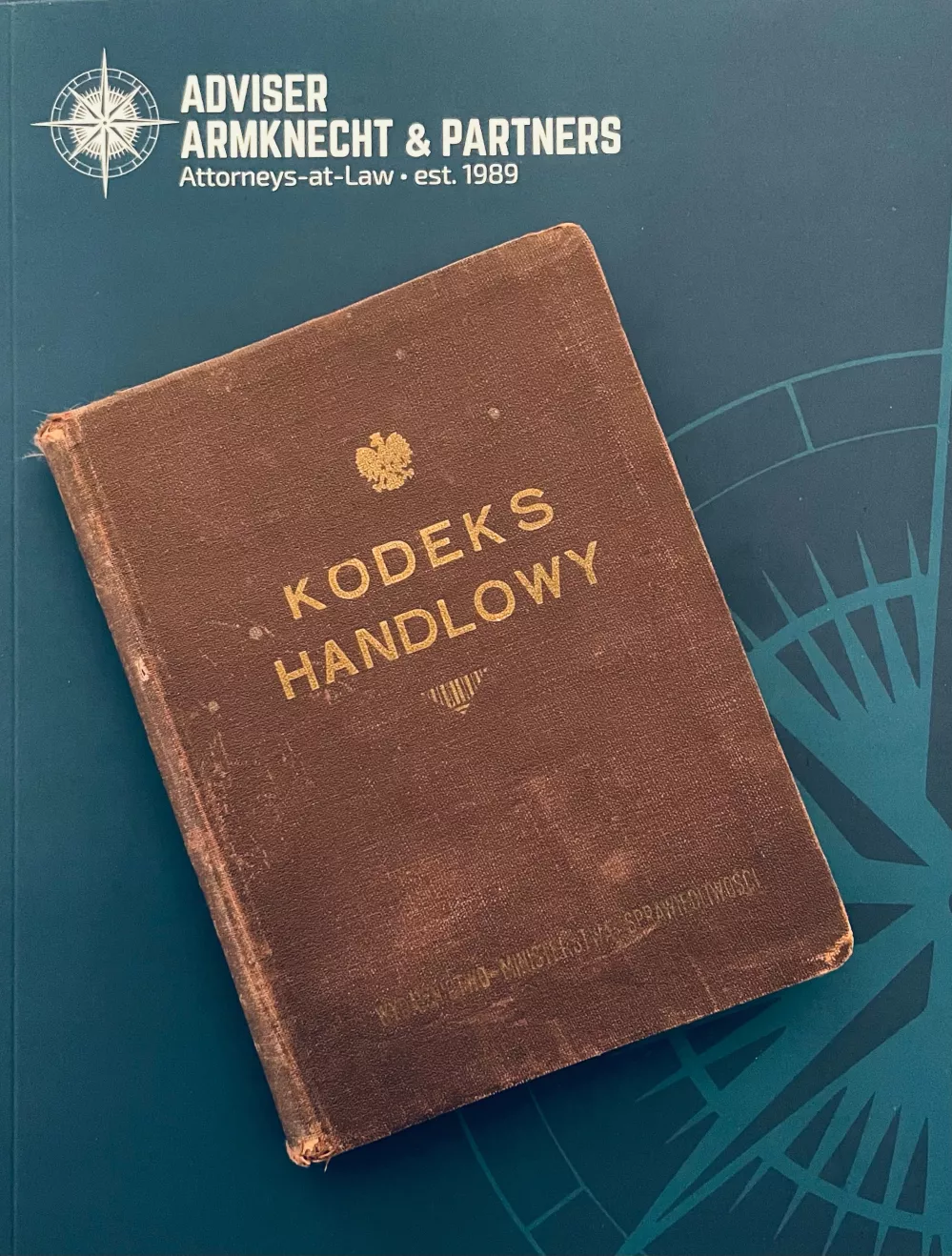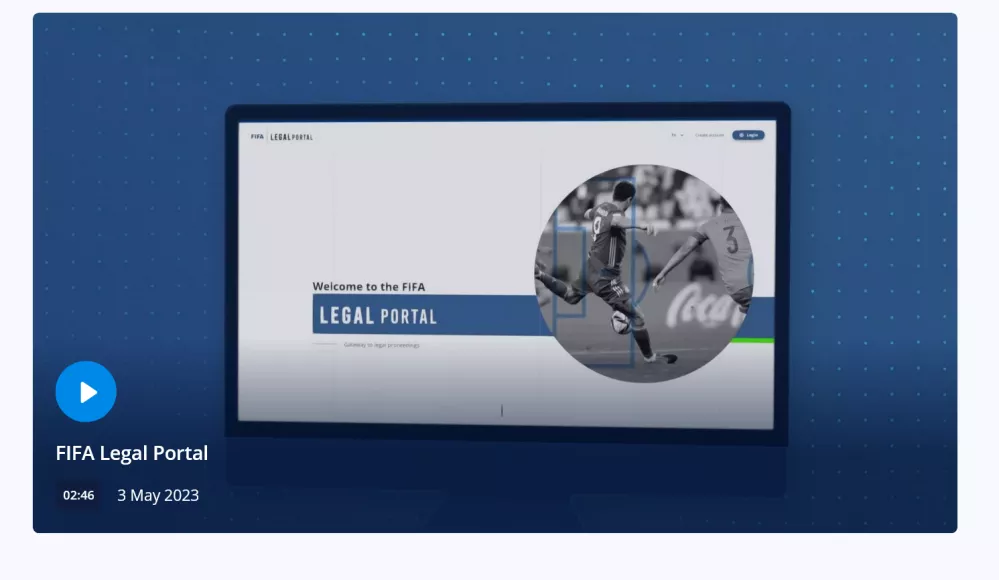
Sąd Najwyższy w postanowieniu z 13 grudnia 2024 r. w sprawie pod sygn. I CSK 429/24),podkreślił kluczowe aspekty odpowiedzialności członków zarządu za zobowiązania spółki, wynikające z art. 299 § 1 Kodeksu spółek handlowych (k.s.h.). Wyrok dotyczy fundamentalnych zasad wykazania bezskuteczności egzekucji wobec spółki, a także obowiązków dowodowych członków zarządu w przypadku egzekucji skierowanej do poszczególnych składników majątku. Wykazanie bezskuteczności egzekucji przeciwko spółce (art. 299 § 1 k.s.h.) wymaga co do zasady wszczęcia egzekucji z całości majątku spółki; pominięcie niektórych składników majątku nie zwalnia jednak per se członka zarządu z ponoszenia odpowiedzialności za zobowiązania spółki. Członek zarządu jest wolny od tej odpowiedzialności, jeżeli wykaże, że egzekucja z pominiętych składników majątku mogła przynieść realny skutek.
Czytaj dalej
 Wstecz
Wstecz 


